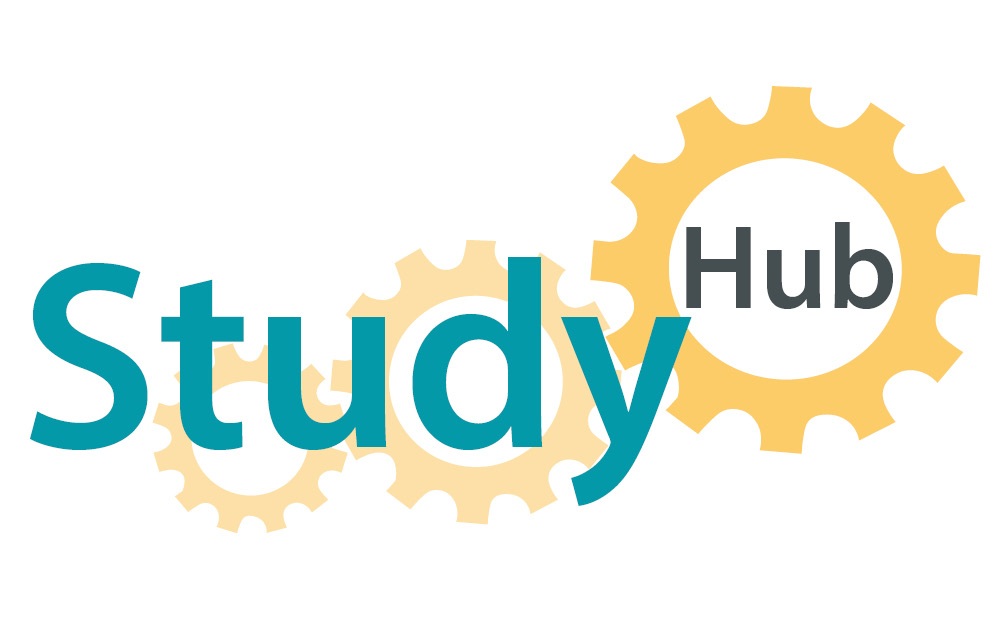This post was written by Kaden, a fourth-year mathematics student at the University of Edinburgh. In his free time he enjoys eating and watching movies.
Whether you are doing a full-on mathematics course or maths is a small part of your degree, it can be quite daunting thinking about how to start revising. Obviously different people prefer to learn in different ways and what is included in this blog may not work for everyone; but from personal experience, these tips have helped improve my own study.
Repetition and balance are some of the most important things to remember and do not just apply to revising mathematics. It could be worthwhile drawing up even the most basic revision schedule to ensure you revise everything rather than focussing on what you find hardest. Returning to the same problems or material at regular intervals helps to solidify and reinforce your knowledge; and in my experience, revisiting the same material multiple times helps me to understand certain methods that I did not understand the first time I saw them. Having the time to revisit course material requires time; starting revision after your course ends does not always give you a lot of time for revision, especially in the December exam diet (where you only have a week or two before the exams). This is where you need to think about how long you would need to properly revise the course materials and making sure you start early (maybe starting to revise the early course material before the teaching has even ended).
For mathematics especially, tackling exam style questions is essential; research shows that students learn better when applying new knowledge to problems rather than just studying the knowledge [2]. In addition to exam style questions (which are usually similar to the example questions you are given in your course – unless otherwise stated by the course organiser), going over these questions at the same time as going through and learning the course material not only saves revision time, but it also helps to understand the material and how to apply it to questions – which is the most important aspect of understanding mathematics.
Depending on whether your exam is open book, partially open book or closed book, it is still important to learn the problem solving aspect because relying on bookwork alone (learning proofs, definitions and theorems) will only get you so far; but learning how to apply that bookwork to different styles of questions is how you will succeed, and the best way to learn this is by going over exam style questions (including timed past papers if available) and revisiting these (either the same or similar) questions to help reinforce your knowledge. Don’t be afraid to ask for help either, your lecturers are there to teach you, so if you don’t understand something ask them.
Using these techniques in my own revision has made me much more confident going into exams. During the December 2022 exam diet, I found that I didn’t fully understand the material of the courses I had taken; I had nine days from the final day of teaching to the first exam so I created a basic revision schedule – each day I would go through at least one chapter for each course and then I would do two past exam papers (one if it was a weekend), alternating the past papers so that the only time I do two past papers for the same course is the day before the exam. What this allowed me to do was go through the course notes for each course at least twice and go through over six past papers for each course (in some cases I did the same papers multiple times). This meant that I was able to understand how to apply theory from the notes to the exam questions as well as being able to spot patterns in the styles of questions being asked and the answers for those. By the time the first exam came around, I felt as though I had an understanding of the course that was far beyond what I had when the teaching had ended and I subsequently got some of my best grades in those exams.
Reference list:
- Revision_advice_final_0.pdf (ox.ac.uk)
- Voskoglou M. Comparing Teaching Methods of Mathematics at University Level. Education Sciences. 2019; 9(3):204. https://doi.org/10.3390/educsci9030204



